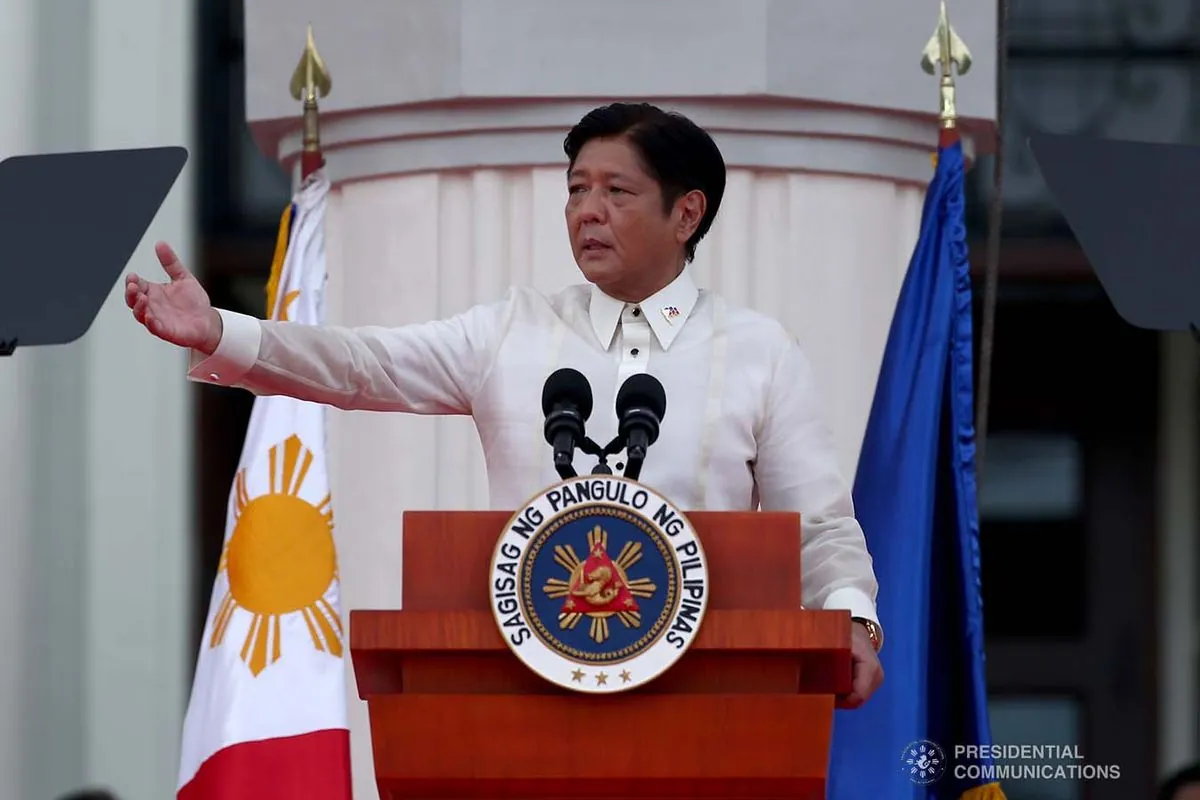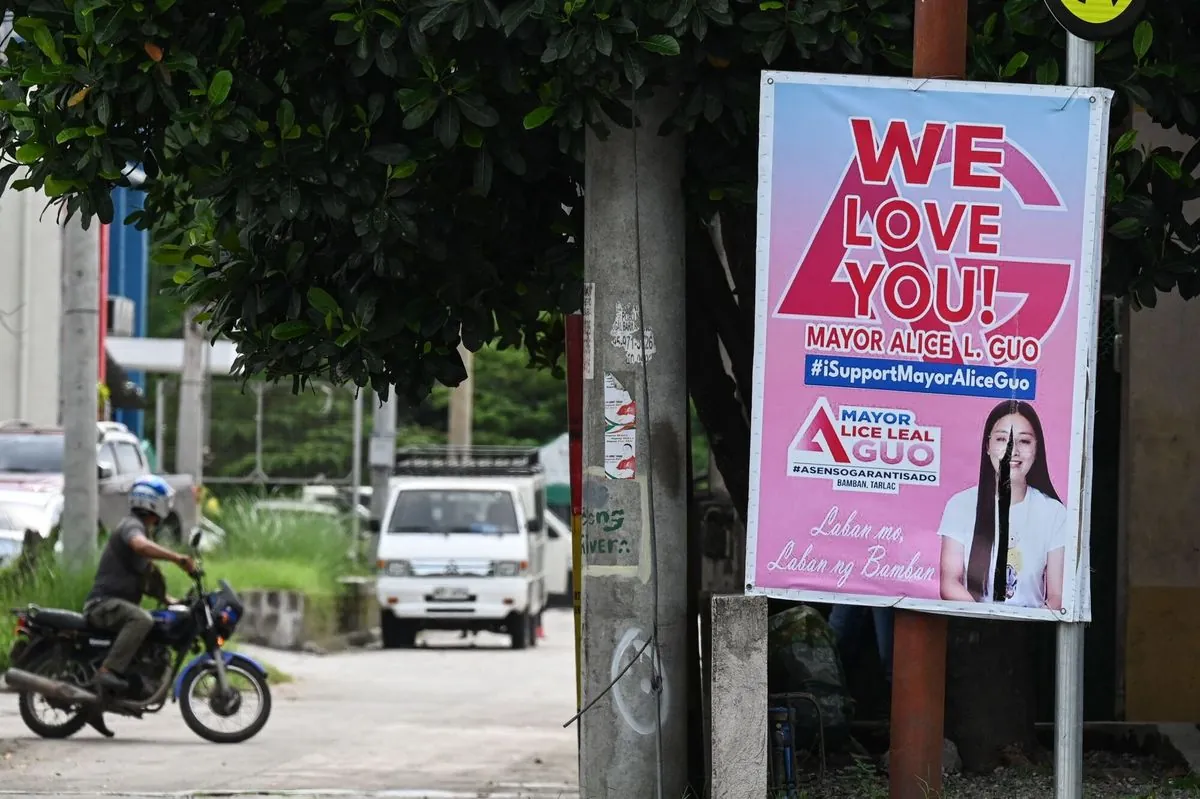Philippine President Probes Ex-Mayor's Escape Amid China Syndicate Allegations
Philippine President Marcos Jr investigates the flight of Alice Guo, a former mayor accused of Chinese criminal ties. Guo's whereabouts remain disputed as tensions with China escalate.

In a recent development, Ferdinand Marcos Jr, the President of the Philippines, has initiated an investigation into the escape of Alice Guo, a former town mayor accused of connections with Chinese criminal syndicates. This incident has unfolded against the backdrop of escalating tensions between the Philippines and China over territorial disputes in the South China Sea.
On August 20, 2024, President Marcos ordered the cancellation of Guo's Philippine passport, emphasizing the gravity of the situation. "We will expose the culprits who have betrayed the people's trust and aided in her flight," Marcos stated, promising severe consequences for those involved in facilitating Guo's departure.
The case against Alice Guo began in March 2024 when authorities conducted a raid on a casino in Bamban, a farming town where Guo served as mayor. The operation uncovered alleged scams operating from a facility partially owned by Guo. Subsequently, in May 2024, the Philippine Senate initiated an investigation into these activities.
Guo, who was recently removed from office by the Ombudsman for grave misconduct, maintains her innocence. She asserts that she is a natural-born Philippine citizen facing unfounded accusations. However, her reported travel history has raised questions about her current whereabouts.
According to a spokesperson for the Presidential Anti-Organised Crime Commission, Guo's passport was used for travel to Malaysia and Singapore in July 2024, and Indonesia in August 2024. An Indonesian immigration official, speaking anonymously, confirmed Guo's entry into Indonesia on August 18, 2024, at 1:13 pm local time.

Contradicting these reports, Guo's legal representative, Stephen David, insists that his client remains within the Philippines. This discrepancy has further complicated the ongoing investigation.
The Guo case has emerged at a time of heightened scrutiny regarding China's activities in the region. The Philippines and China have long-standing disputes over territories in the South China Sea, a vast body of water encompassing approximately 3.5 million square kilometers.
This incident highlights the complex challenges facing the Philippine government in combating organized crime and corruption. The Philippines, an archipelagic nation comprising 7,641 islands, has been implementing stricter measures against illegal gambling and online scams in recent years.
As the investigation unfolds, it remains to be seen how this case will impact the Philippines' relationship with China and its efforts to address internal security concerns. The outcome may have significant implications for the country's political landscape and its approach to international relations in Southeast Asia.
"Those responsible will be suspended and will be held accountable to the fullest extent of the law."
This case serves as a reminder of the ongoing challenges in maintaining law and order in the Philippines, a country that has shown steady economic growth but continues to grapple with issues of corruption and organized crime.


































